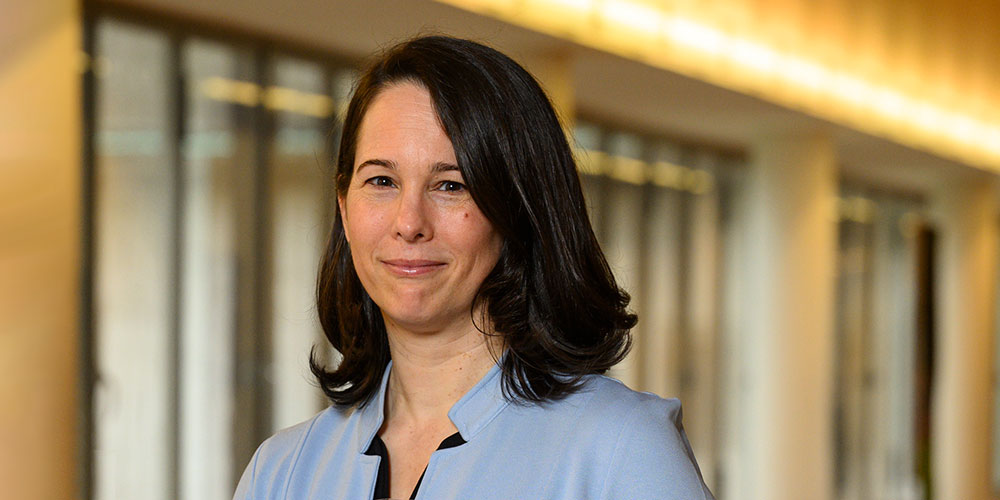In Sweden, immigrants are allowed to participate in regional elections even if they don’t have a Swedish passport. Researchers at the University of Basel recently investigated whether this affects naturalization numbers. Their findings could also be of interest for Switzerland.
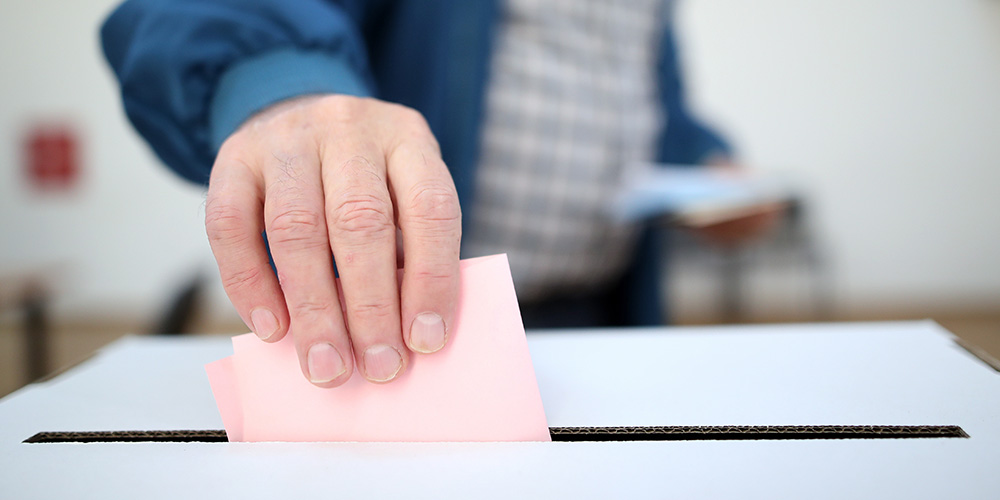
Researchers have identified a new brain circuit in mouse embryos that develops at an unexpectedly early stage. Their findings may provide new insights into circuit abnormalities in autism.
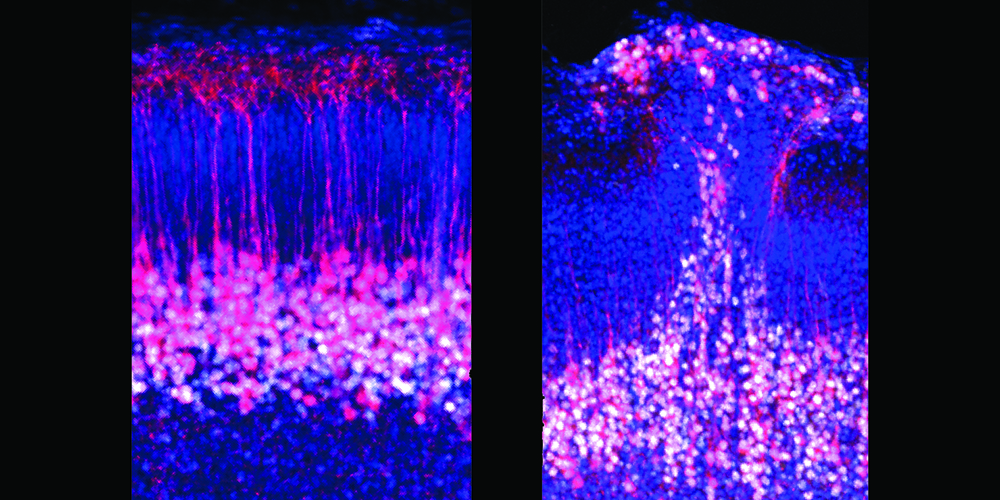
Digital technologies offer museums new opportunities for collecting and conveying information. Researchers at the University of Basel are initiating these types of projects and giving historical objects and museum holdings a second home online.
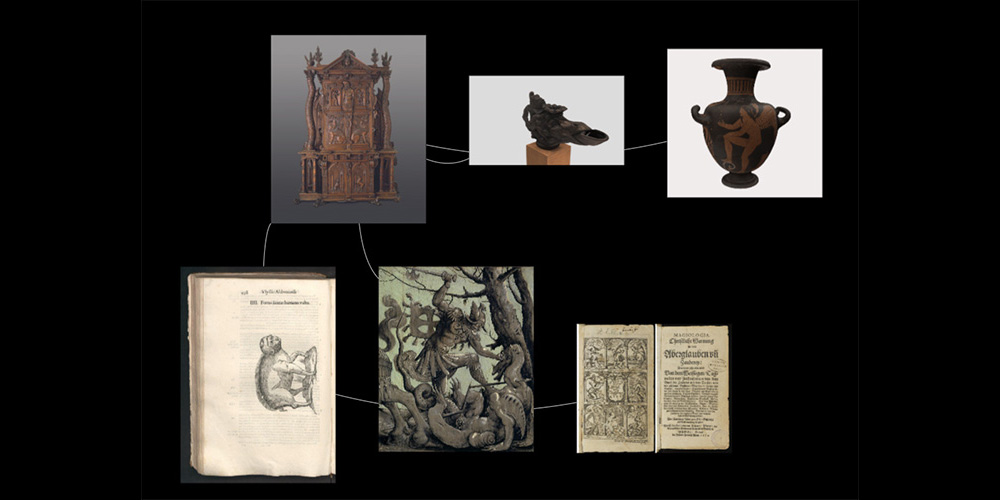
Bangladesh’s Asian University for Women (AUW) held a special ceremony in April to confer an honorary doctorate on the University of Basel’s president, Professor Andrea Schenker-Wicki.
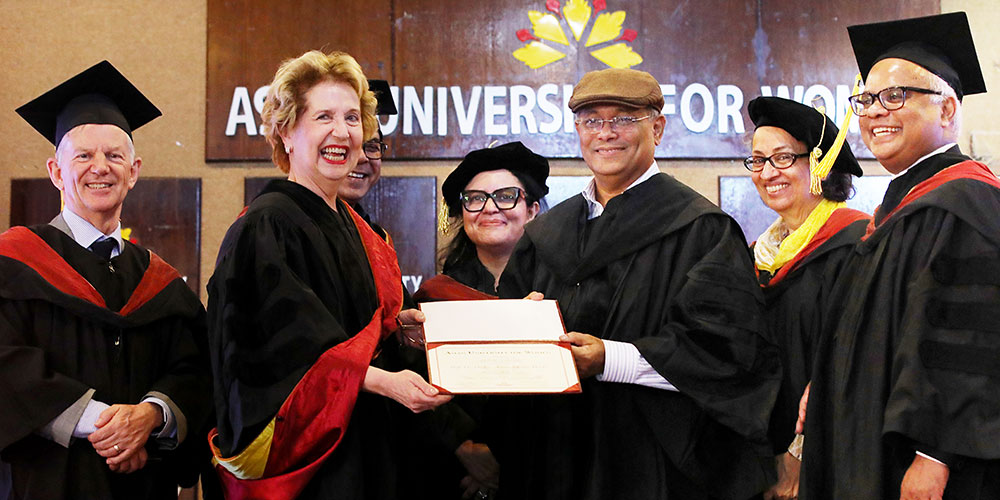
Twisted molecules play an important role in the development of organic light-emitting diodes. A team of chemists has managed to create these compounds with exactly the three-dimensional structure that they wanted. In so doing, they are smoothing the path for new and better light sources.
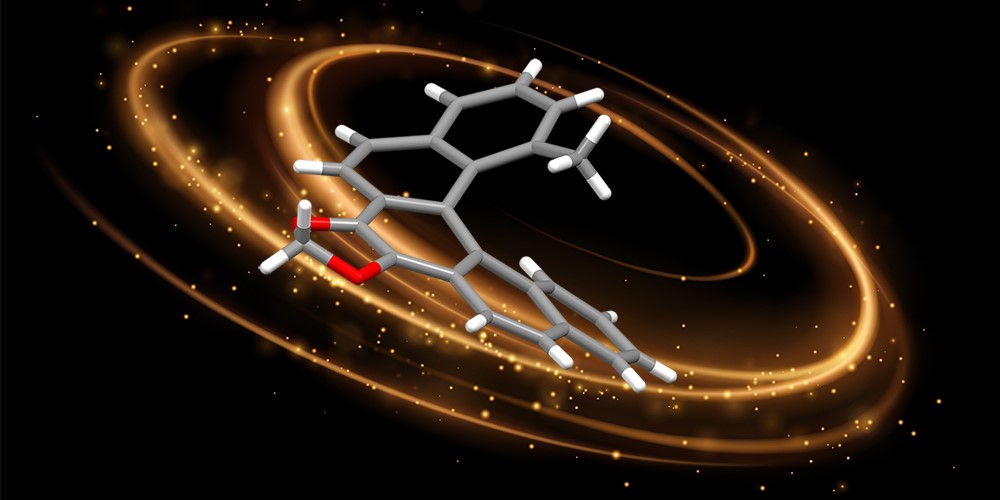
In advanced breast cancer, treatment often fails when the cancer cells become resistant to it. Researchers in Basel have now uncovered one mechanism behind this and found a possible solution to the problem: treatment in combination with a known antioxidant that is often used as an expectorant.
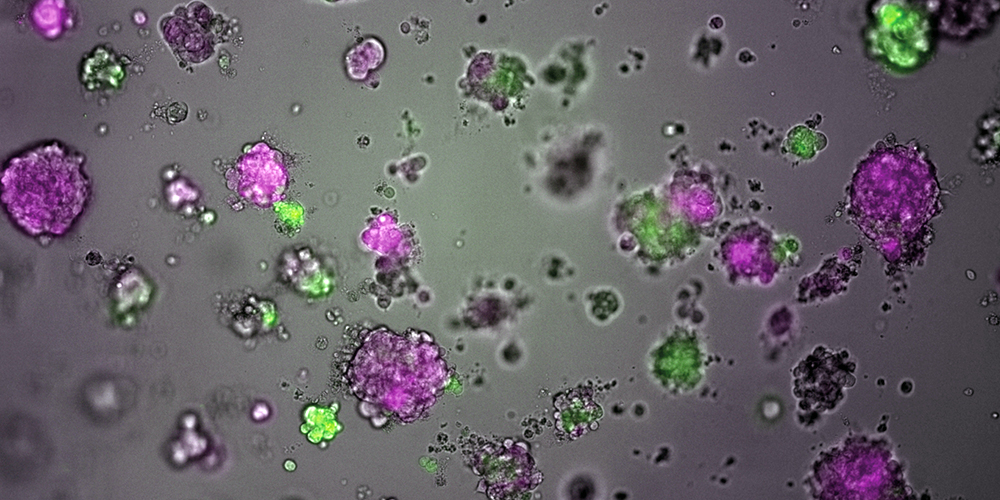
A research team at the University of Basel has discovered that a high-fat diet alters the function of adipose tissue, thus impairing its ability to regulate blood sugar. This explains why a high-fat diet poses a significant health risk, particularly for diabetes.
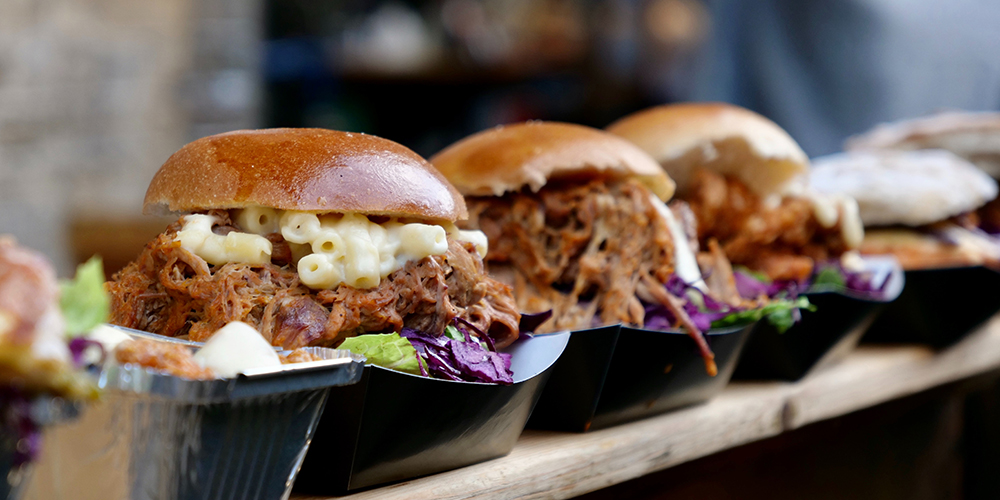
The University of Basel Senate confirmed Professor Andrea Schenker-Wicki to a third term as President yesterday with an overwhelming majority.
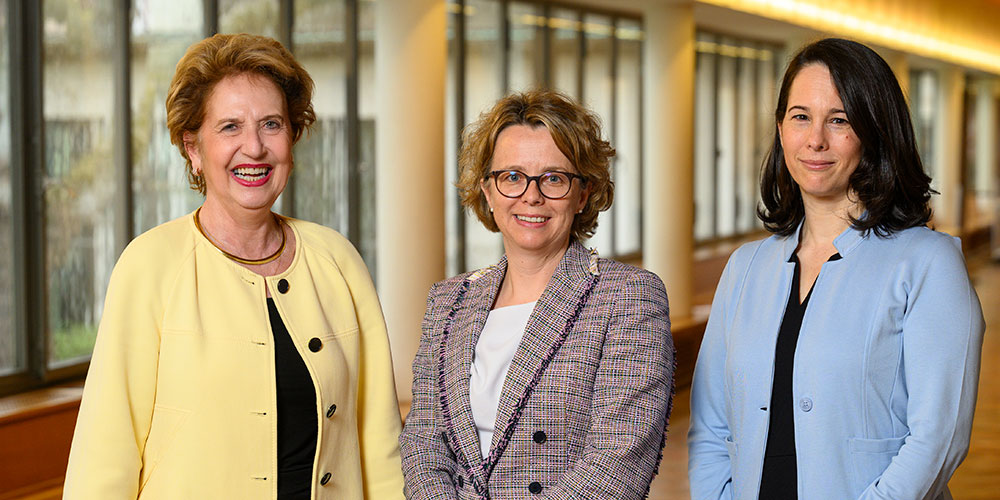
Yesterday, the Senate elected Professor Nadja Braun Binder as Vice President for People & Culture. The professor of public law will take up her position as Vice President on 1 August 2023.
